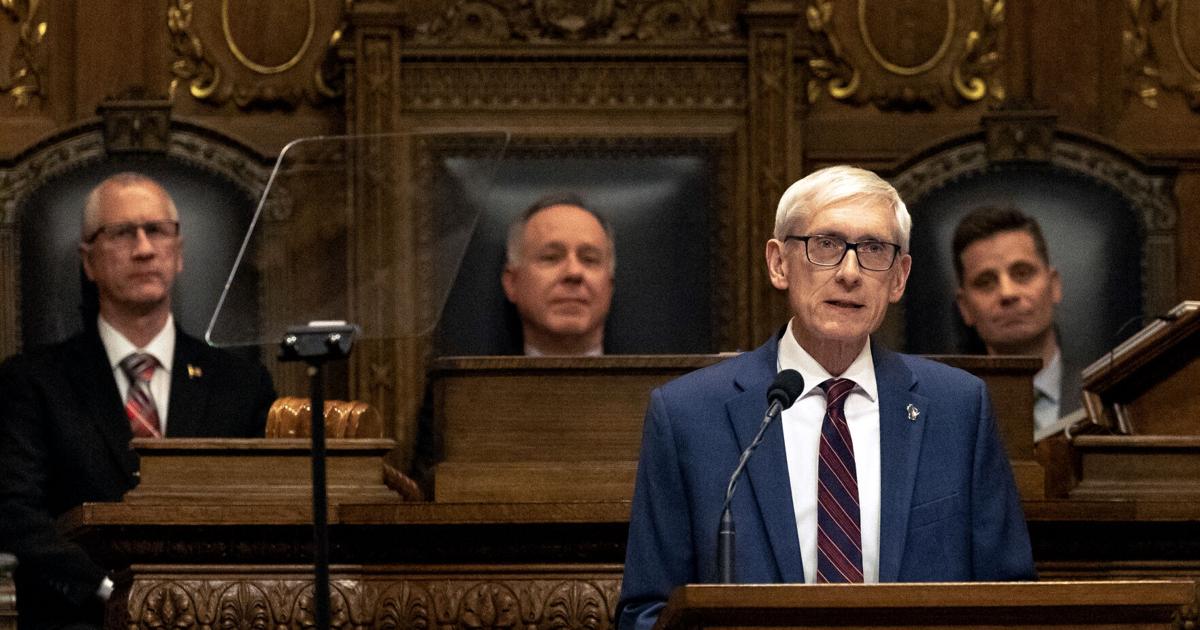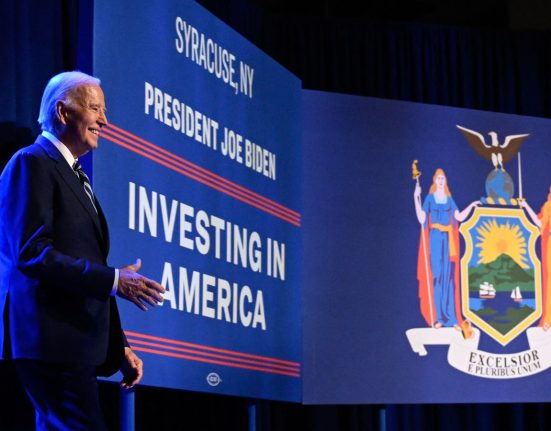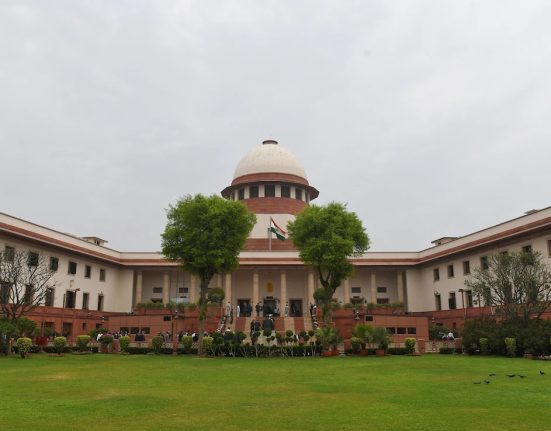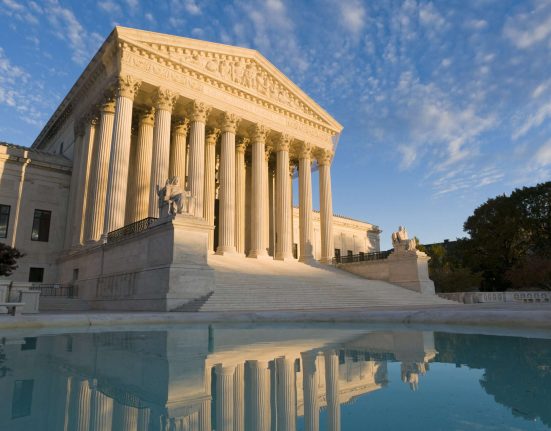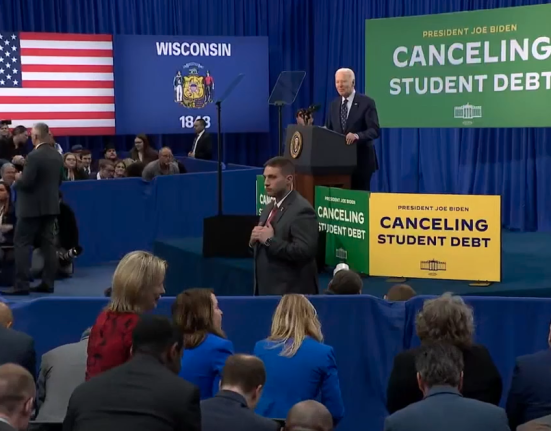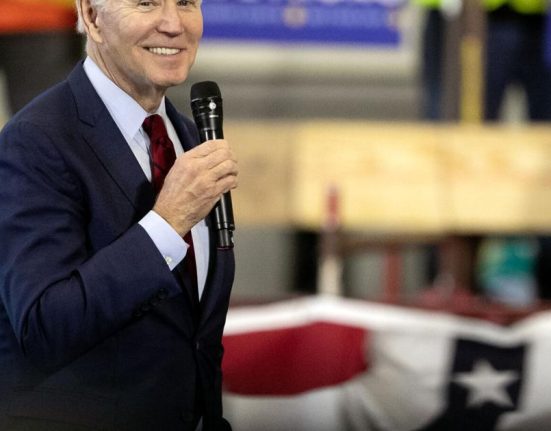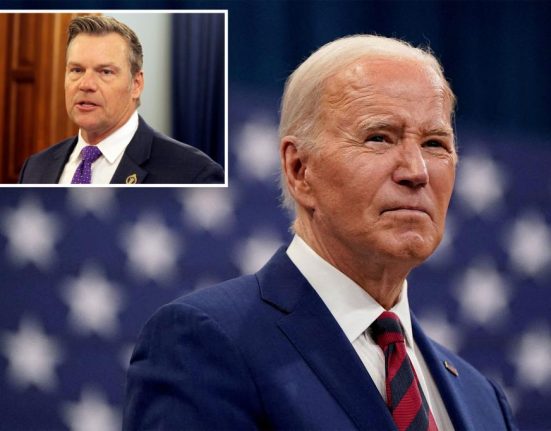Wisconsin voters could decide in August if the Legislature should have final say over how the governor spends federal funds allocated to the state.
The Assembly voted along party lines Thursday, with all Democratic lawmakers opposed, to advance a proposed constitutional amendment that seeks to limit the governor’s authority over how some federal funds are spent in Wisconsin.
The chamber also voted 63-33, with Democratic Reps. Sylvia Ortiz-Velez, of Milwaukee, and Shelia Stubbs, of Madison, joining Republicans in support of the measure, to advance a separate proposed constitutional amendment that would bar local and state officials from closing churches in a state of emergency.
People are also reading…
Assembly Joint Resolution 6 now heads back to the state Senate, which is planning to hold at least one more floor period next month. If approved there, the question will come before voters in the Aug. 9 primary.
The resolution would give the Legislature final say over how the governor spends federal funds allocated to the state. Republicans sought to secure more control over the money after Democratic Gov. Tony Evers oversaw the distribution of billions in federal COVID relief funds pumped into the state.
Senate Joint Resolution 54 needs to pass both chambers again in the 2025-26 legislative session. If it does, it would come before voters as early as the April 2025 election, according to the Legislative Reference Bureau.
The proposal would clarify that local and state officials “may not order the closure of or forbid gatherings in places of worship in response to a state of emergency at the national, state, or local level, including an emergency related to public health.”
“I’m sure, like in the past, if there is an emergency that arises in the future, places of worship will make the right choices,” Rep. Ty Bodden, R-Hilbert, said before the vote.
The proposal is largely in response to the state’s 2020 stay-at-home order, which limited indoor church gatherings during the COVID-19 pandemic. The Wisconsin Supreme Court ultimately struck down that order, but Republicans have since introduced measures to prevent such a thing from happening again.
Conservatives also lost a Wisconsin Supreme Court case in 2022 seeking to prevent unelected public health officials from ordering public health mandates without the approval of local officials.
Evers in 2021 vetoed a bill that would have banned local public health orders from closing or limiting gatherings at places of worship. In his veto message, Evers said he objected to the measure’s intent to take away existing tools available to state and local public health officials to combat COVID-19.
Unlike bills, the governor cannot veto constitutional amendments. Such measures must pass two successive legislative sessions before voters have the final say. If enacted, such changes can only be reversed through the same amendment process or by a court order.
Some conservative groups have pressed the Legislature to pursue more constitutional amendments to enact or preserve legislation after the Wisconsin Supreme Court shifted to a liberal majority for the first time in more than a decade last year.
While they can’t be vetoed, constitutional amendments can be challenged in court, which would put the proposals before the same liberal state Supreme Court majority that conservatives are trying to avoid.
Another proposed amendment working its way through the Legislature would bar the state from receiving private funds to help administer elections. Republicans proposed it in response to private election grants provided to cities in 2020 by the Chicago-based Center for Tech and Civic Life that they say were used to unfairly increase turnout in the Democratic strongholds of Milwaukee, Madison, Green Bay, Kenosha and Racine.
Another would amend the state Constitution’s provision allowing that “Every United States citizen age 18 or older who is a resident of an election district in this state is a qualified elector of that district” to state that “Only a United States citizen” could vote in that district. That measure is meant to head off initiatives in other states to allow noncitizens to vote in some local elections.
Today in history: Feb. 22
1935: White House
In 1935, it became illegal for airplanes to fly over the White House.
1959: Daytona 500
In 1959, the inaugural Daytona 500 race was held; although Johnny Beauchamp was initially declared the winner, the victory was later awarded to Lee Petty.
1967: Vietnam
In 1967, more than 25,000 U.S. and South Vietnamese troops launched Operation Junction City, aimed at smashing a Vietcong stronghold near the Cambodian border.
1980: Miracle on Ice
In 1980, the “Miracle on Ice” took place in Lake Placid, New York, as the United States Olympic hockey team upset the Soviets, 4-3.
1987: Andy Warhol
In 1987, pop artist Andy Warhol died at a New York City hospital at age 58.
1997: Dolly
In 1997, scientists in Scotland announced they had succeeded in cloning an adult mammal, producing a lamb named “Dolly.”
2010: Najibullah Zazi
In 2010, Najibullah Zazi (nah-jee-BOO’-lah ZAH’-zee), accused of buying beauty supplies to make bombs for an attack on New York City subways, pleaded guilty to charges including conspiring to use weapons of mass destruction.
2012: Mitt Romney
Mitt Romney and Rick Santorum swapped accusations about health care, spending earmarks and federal bailouts in the 20th debate of the roller-coaster race for the Republican presidential nomination, held in Mesa, Arizona.
2020: Bernie Sanders
In 2020, Bernie Sanders scored a resounding win in Nevada’s presidential caucuses, cementing his status as the Democrats’ front-runner.
2021: COVID-19
On Feb. 22, 2021, the number of U.S. deaths from COVID-19 topped 500,000, according to Johns Hopkins University.
2021: Mike Lindell
Dominion Voting Systems filed a $1.3 billion defamation lawsuit against the founder and CEO of MyPillow, saying that Mike Lindell falsely accused the company of rigging the 2020 presidential election; the company had filed similar lawsuits against Trump lawyers Rudolph Giuliani and Sidney Powell.
2022: Ahmaud Arbery hate crimes
In 2022 in Georgia, the three white men convicted of murder in Ahmaud Arbery’s fatal shooting are found guilty of federal hate crimes for violating Arbery’s civil rights and targeting him because he was Black.

